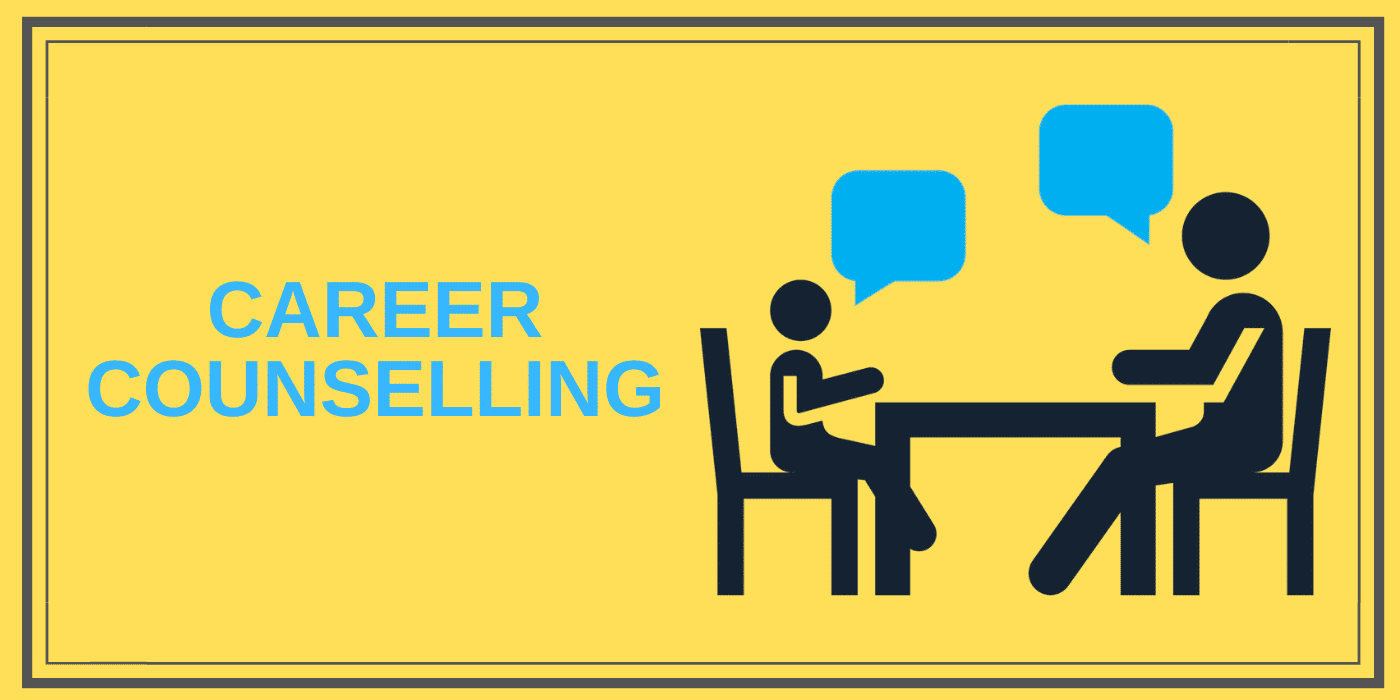Career counseling plays a crucial role in helping students make informed decisions about their futures. As young individuals navigate their academic journeys, they often face uncertainty about their strengths, career interests, and job opportunities. Career counseling provides the necessary guidance, tools, and resources to help students:
- Explore potential career paths.
- Identify their strengths, interests, and values.
- Develop skills needed for future success.
- Make informed educational and career choices.
With today’s rapidly changing job market and the increasing demand for specialized skills, career counseling has never been more important. In this guide, we will explore:
- The importance of career counseling for students.
- Key strategies for effective career guidance.
- How technology is shaping career counseling.
- The role of schools, parents, and mentors in career planning.
Why is Career Counseling Important for Students?

1. Helps Students Discover Their Strengths and Interests
Many students struggle to identify their passions and talents. Career counseling helps them:
- Assess their skills, interests, and personality using career assessment tools.
- Understand how their strengths align with various career paths.
- Gain confidence in making career-related decisions.
📌 Example: A student passionate about creativity but unsure of a career path may discover options such as graphic design, marketing, or UX/UI design through career assessments.
2. Provides Clarity on Career Paths and Opportunities
The job market is evolving rapidly, and new career options are emerging. Career counseling:
- Introduces students to diverse fields and industries.
- Provides information about job growth trends, salaries, and required skills.
- Helps students understand the educational requirements for different careers.
📌 Example: A student interested in technology might explore careers in cybersecurity, data science, or artificial intelligence, fields with high demand.
3. Aids in Decision-Making for Higher Education and Training
Career counseling guides students in choosing:
- The right college majors or vocational programs.
- Certifications and skill development programs for industry-specific training.
- Alternative education pathways such as apprenticeships, boot camps, or online courses.
📌 Example: A student unsure about traditional college education might learn about lucrative career options in skilled trades like plumbing, electric work, or auto mechanics.
4. Prepares Students for the Workforce
Career counseling doesn’t just help with choosing a career—it also:
- Teaches resume writing, interview skills, and networking strategies.
- Provides internship and job shadowing opportunities.
- Prepares students for real-world job expectations and workplace professionalism.
📌 Example: A student aspiring to be a journalist might be encouraged to intern at a local news station to gain hands-on experience.
Key Strategies for Effective Career Counseling
1. Career Assessments and Personality Tests
These tools help students understand their strengths, interests, and ideal work environments. Popular assessments include:
- Holland Code (RIASEC) Test – Matches personalities with career categories.
- Myers-Briggs Type Indicator (MBTI) – Identifies work styles and career preferences.
- StrengthsFinder – Helps students recognize their strongest abilities.
📌 Tip: Schools should integrate career assessments early (middle or early high school) to help students explore career options over time.
2. One-on-One Counseling Sessions
Personalized guidance allows counselors to:
- Address student concerns and aspirations individually.
- Provide career roadmaps based on the student’s interests and strengths.
- Offer emotional support in navigating career decisions.
📌 Example: A student interested in entrepreneurship might receive tailored guidance on business school options, startup incubators, and leadership programs.
3. Career Exploration Programs
Hands-on experiences give students real-world insights into careers. Schools can provide:
- Job shadowing – Students observe professionals in their fields of interest.
- Internships – Short-term work experiences help build skills and resumes.
- Career fairs – Students interact with representatives from various industries.
📌 Example: A student interested in healthcare could shadow a nurse, physical therapist, or doctor to understand day-to-day job responsibilities.
4. College and Vocational Training Guidance
Career counseling should offer information on:
- Choosing between college, vocational schools, or trade programs.
- Finding scholarships and financial aid opportunities.
- Matching education with career goals (e.g., STEM fields vs. creative careers).
📌 Tip: Many careers today do not require a four-year degree—students should explore all options, including certifications, apprenticeships, and trade schools.
5. Resume and Interview Preparation
Counselors should teach students practical career skills, including:
- How to write a strong resume and cover letter.
- Interview preparation, including mock interviews.
- Soft skills development (communication, teamwork, adaptability).
📌 Example: A student preparing for a marketing internship could practice mock interviews focusing on advertising strategies and digital media skills.
How Technology is Transforming Career Counseling
1. Online Career Assessment Tools
Students can explore careers using platforms like:
- O*NET Online – Provides job descriptions, salary trends, and skill requirements.
- CareerOneStop – Helps students research career paths.
- BigFuture (by College Board) – Assists students in choosing majors and colleges.
📌 Tip: Schools can integrate these platforms into career counseling programs for self-guided career exploration.
2. Virtual Career Fairs and Networking
- Schools can organize virtual career fairs where students interact with employers and universities online.
- LinkedIn and online professional communities provide mentorship opportunities.
- Online job platforms like Indeed, Handshake, or WayUp help students find internships.
📌 Example: A student pursuing computer science can attend a virtual career event hosted by tech companies to explore job opportunities.
3. E-Learning and Certifications for Career Readiness
Online learning platforms help students gain industry-specific skills before entering the workforce. Popular platforms include:
- Coursera & edX – Offer free and paid certifications from top universities.
- Udemy & LinkedIn Learning – Provide affordable, job-focused courses.
- Google Career Certificates – Offer training in tech fields (data analysis, IT support, UX design).
📌 Example: A high school senior interested in digital marketing can complete a Google Ads certification before applying for internships.
The Role of Schools, Parents, and Mentors in Career Counseling
1. Schools and Career Counselors
- Implement career exploration programs starting in middle school.
- Offer individualized career coaching and college application support.
- Connect students with industry professionals, mentors, and alumni.
2. Parents and Guardians
- Encourage career exploration without pressure.
- Support students in researching various options.
- Help students build real-world skills through extracurricular activities.
3. Mentors and Industry Professionals
- Provide insights into career realities.
- Offer internships, apprenticeships, or networking opportunities.
- Guide students in professional development.
Conclusion: Empowering Students to Make Informed Career Choices
Career counseling is not just about choosing a job—it’s about equipping students with the knowledge, confidence, and skills they need for a successful future. By integrating personalized career guidance, hands-on experiences, and modern digital tools, schools can help students navigate the complex world of work and education.
💡 Final Thought: The best career choices are made when students understand their strengths, explore diverse opportunities, and feel supported in their decisions. A well-structured career counseling program ensures that every student has the opportunity to pursue their passions and succeed in their chosen fields.
📌 How can schools improve career counseling programs? Share your ideas below! 🚀🎓



